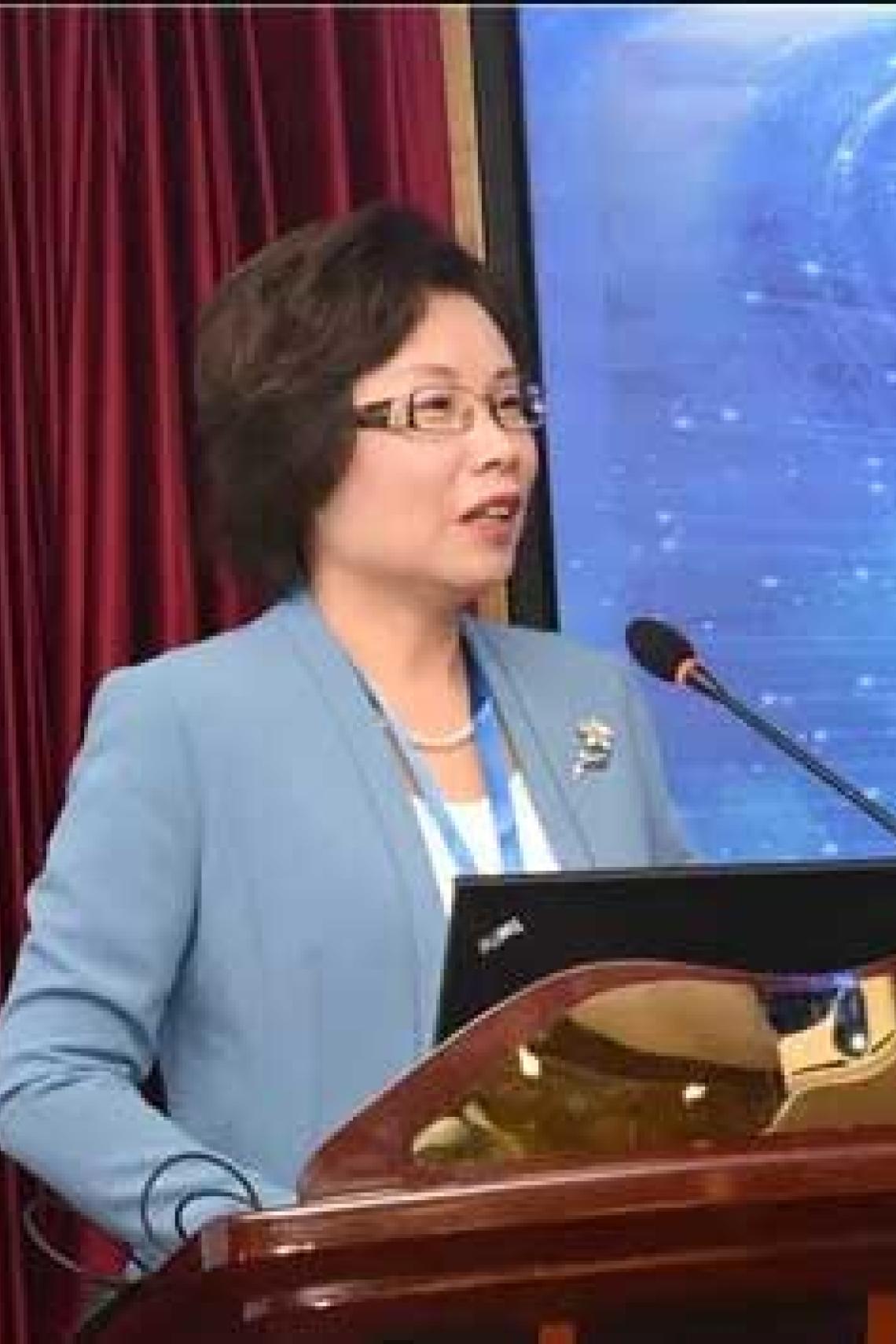TMCD co-hosts third China-UK Innovation and Development Forum in China
The Third China-UK Innovation & Development Forum was held in Guangzhou on 1 November, the first time this bilateral policy and strategy meeting has been held in China.
More than 100 participants attended the forum, which is co-organised by the Technology and Management Centre for Development (TMCD) at ODID, including senior officials, academics and STI industry practitioners.
This year’s forum featured three key thematic issues:
- China-UK best practices and strategies in innovation-driven development;
- Opportunities and challenges in new technology industries and;
- Innovation transformation and cooperative development in the Guangdong-Hong Kong-Macao Greater Bay Area.
15 keynote speakers from government institutions, research institutes and enterprises in China and the UK was also featured at the forum. Speakers included: Maicun Deng, Secretary-General of the Chinese Academy of Sciences; Ruijun Wang, Director General of the Department of Science and Technology of Guangdong Province; Deputy Director of the Guangdong Provincial Department of Science and Technology; Frances Hooper, Counsellor of the British Embassy in Beijing,;Professor Xiaolan Fu, TMCD Director; and Jiaofeng Pan, President of CASISD.
The forum provided a platform for participants to exchange views on China-UK national innovation systems, innovation policy making, innovation environment optimization, the role of research institutes and enterprises in the innovation system, collaboration between academia and industry, and the development of artificial intelligence technology and its impact among a host of other STI related issues.
Professor Fu noted that China and the UK are highly complementary in the field of scientific and technological innovation. Sino-British innovation cooperation should not only be confined to the domain of scientific research, but extended across the entire chain of the innovation process, from basic research to downstream industrial application, she said.
She emphasized that a comprehensive science and technology innovation policy coordinates linkages within the entire innovation ecosystem. Professor Fu said she hoped that the forum would continue to contribute to the policy recommendations of the Chinese and British governments and to fostering linkages within the international community of academics and STI industry sectors.
This year, the forum was co-organised by the TMCD alongside several major institutions from China and the UK. These included the Guangdong Academy of Sciences (GDAS), the Chinese Academy of Sciences’ Institutes of Science and Development (CASISD), the Chinese Academy of Science and Technology for Development (CASTED) and the China-Britain Business Council (CBBC).

